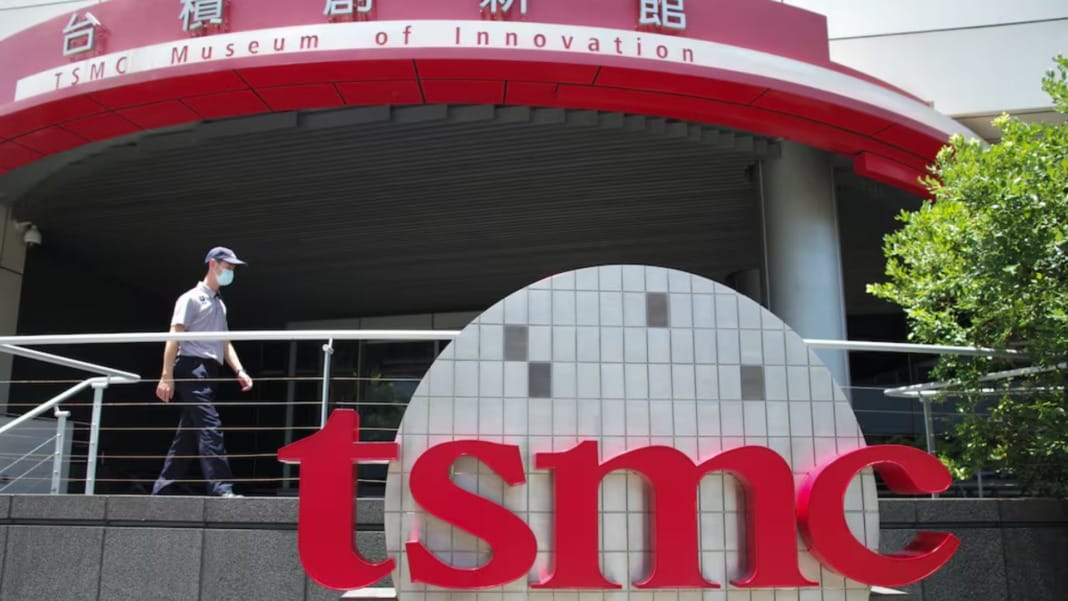The United States government has confirmed Taiwan Semiconductor Manufacturing Co. (TSMC) as the first recipient of grants under the CHIPS Act. This move marks a significant step in the country’s efforts to bolster its semiconductor industry. TSMC, the world’s leading chip manufacturer, is set to receive US$6.6 billion in grants as part of an agreement to expand its presence in the US.
TSMC secures major funding for Arizona expansion
The US$6.6 billion grant will help TSMC develop a massive US$65 billion three-factory semiconductor complex in Arizona. In addition to the grants, TSMC is expected to secure an additional US$5 billion loan from the government to support this ambitious project. The first phase of this complex is on track to open early next year, with the remaining facilities expected to be completed by the end of the decade.
According to reports, TSMC will receive at least US$1 billion from the grant by the end of the year, having met several key requirements laid out by the US government. This funding aims to create tens of thousands of jobs and strengthen domestic production of advanced semiconductors, vital to industries ranging from technology to defence.
President Joe Biden praised the agreement, stating:
“Today’s final agreement with TSMC — the world’s leading manufacturer of advanced semiconductors — will spur US$65 billion of private investment to build three state-of-the-art facilities in Arizona and create tens of thousands of jobs by the decade’s end.”
US sanctions prompt TSMC to cut ties with Huawei
TSMC’s position as a CHIPS Act awardee comes amidst its efforts to align with US government policies. In October, a Canadian research firm uncovered that Huawei, the Chinese tech giant, had been using TSMC chips for its artificial intelligence accelerators, which violated US sanctions.
TSMC has denied any direct working relationship with Huawei and stated that it ceased shipments to clients that may have been illegally supplying its chips to the company. Furthermore, TSMC has decided to stop producing advanced AI chips for its Chinese customers, a move reportedly aimed at demonstrating its commitment to US interests.
Other companies await CHIPS Act funding
While TSMC moves forward with its grants, other major players, including Intel and Samsung, are still waiting to finalise their funding. Business groups are urging the government to expedite these agreements, expressing concerns about potential delays or renegotiations under a new administration despite bipartisan support for the CHIPS Act.
The Biden administration’s focus on revitalising the US semiconductor industry is a critical response to growing global competition and supply chain challenges. TSMC’s Arizona expansion is expected to reduce reliance on foreign chipmakers and secure the country’s technological future.





